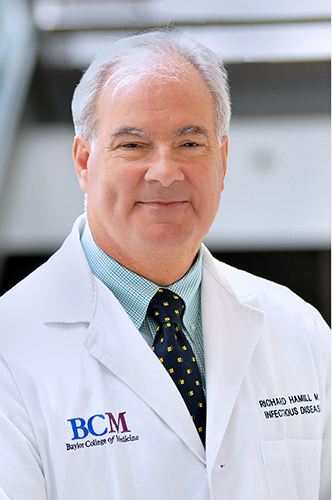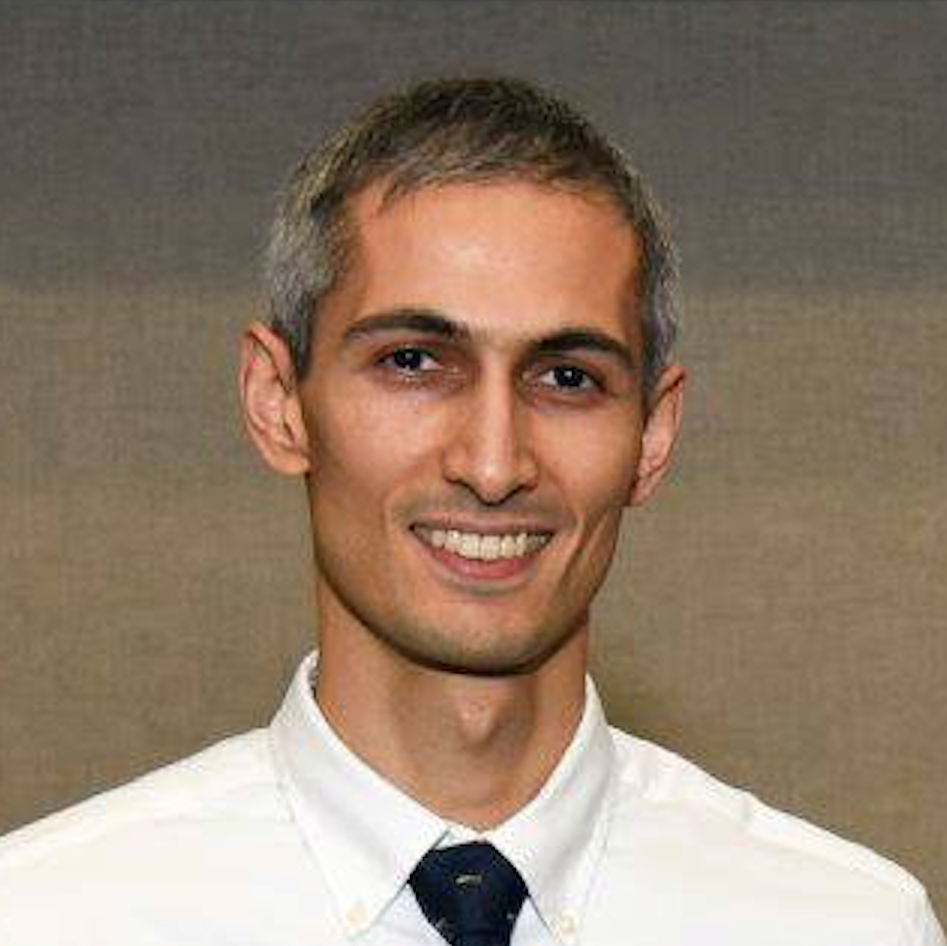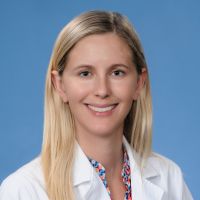Screening for Primary Aldosteronism in Treatment-Resistant Hypertension
This activity has been archived and credit is no longer available.
In this presentation, Dr. Arindam Sarkar, Dr. Medha Airy, and Dr. Sara Bedrose discuss the recommendations to screen patients with treatment-resistance hypertension for primary aldosteronism (PA). They review the pathophysiology, prevalence, diagnosis, and management of PA. This presentation was adapted from the course Screening for Primary Aldosteronism in Treatment-Resistant Hypertension, which contains more in-depth discussion on the topic.
This Department of Medicine Grand Rounds session took place on Thursday, November 3, 2022 at 12:15 p.m.
Activity Information
This activity has been archived and credit is no longer available.
Needs Statement
Faculty and trainees within the Department of Medicine who are involved in the care of patients need to receive regular updates on recent advances and guidelines in the field of internal medicine. Clinical scenarios will be used to review the current management of common medical conditions, including chronic pain and opioid abuse. Multidisciplinary sessions will be also used to educate learners about human trafficking and the role of physicians in identifying and assisting victims in the community. The overall aim of the series is to advance clinical knowledge, enhance the quality of patient care, and improve treatment outcomes.
Educational Objectives
At the conclusion of the session, the participants should be able to:
- Describe the prevalence of primary aldosteronism and articulate the screening gap in patients with resistant hypertension.
- Discuss the importance of identifying primary aldosteronism in patients with hypertension.
- Review the pathophysiology of aldosteronism, which patients should be considered for screening, and an algorithm for how patients should be screened.
- Describe the next steps for confirmatory testing if needed for patients with positive aldosteronism screening results.
- Diagram an evidence-based algorithm for subtype classification.
Target Audience
Professional Categories
- Physicians
- Medical Students
- Fellows
- Residents
Specialties
- Internal Medicine
Interest Groups
- Hospital Medicine
Activity Evaluation
Evaluation by questionnaire will address program content, presentation, and possible bias.
Educational Methods
- Lectures
Accreditation/Credit Designation
Baylor College of Medicine is accredited by the Accreditation Council for Continuing Medical Education (ACCME) to provide continuing medical education for physicians.
Baylor College of Medicine designates this enduring material activity for a maximum of 1.00 AMA PRA Category 1 Credit(s)™. Physicians should claim only the credit commensurate with the extent of their participation in the activity.
Activity Director
Term of Approval
November 1, 2022 through November 30, 2024. Original release date: November 1, 2022.
Disclosure Policy
Baylor College of Medicine (BCM) is accredited by the Accreditation Council for Continuing Medical Education (ACCME) to provide continuing medical education (CME) for physicians. BCM is committed to sponsoring CE activities that are scientifically based, accurate, current, and objectively presented.
In accordance with the ACCME Standards for Commercial Support, BCM has implemented a mechanism requiring everyone in a position to control the content of an educational activity (i.e., directors, planning committee members, faculty) to disclose any relevant financial relationships with commercial interests (drug/device companies) and manage/resolve any conflicts of interest prior to the activity. Individuals must disclose to participants the existence or non-existence of financial relationships at the time of the activity or within 24 months prior.
In addition, BCM has requested activity faculty/presenters to disclose to participants any unlabeled use or investigational use of pharmaceutical/device products; to use scientific or generic names (not trade names) in referring to products; and, if necessary to use a trade name, to use the names of similar products or those within a class. Faculty/presenters have also been requested to adhere to the ACCME's validation of clinical content statements.
BCM does not view the existence of financial relationships with commercial interests as implying bias or decreasing the value of a presentation. It is up to participants to determine whether the relationships influence the activity faculty with regard to exposition or conclusions. If at any time during this activity you feel that there has been commercial/promotional bias, notify the Activity Director or Activity Coordinator. Please answer the questions about balance and objectivity in the activity evaluation candidly.
All of the relevant financial relationships listed for these individuals have been mitigated.
Disclosures
The following individual(s) has/have reported financial or other relationship(s) with commercial entities whose products/services may relate to the educational content of this activity:
Presenters
-

Medha Airy, M.B.B.S.
Assistant Professor
Baylor College of Medicine
Disclosure:
- Advisory Committee Membership: Care Dx; Fresenius ViforPharma; Horizon Pharma; Veloxis
-

-

Arindam Sarkar, M.D.
Assistant Professor
Baylor College of Medicine
Disclosure:
Nothing to disclose.
Activity Director
Planning Committee Members
-

-

Richard J. Hamill, M.D.
Professor
Baylor College of Medicine
Disclosure:
- Contractor (including contracted research): PPD Development, LLP.
-

Kristen Lavere, M.D.
Internal Medicine Resident
Baylor College of Medicine
Disclosure:
Nothing to disclose.
-

Zaven Sargsayan, M.D.
Associate Professor
Baylor College of Medicine and Ben Taub Hospital
Disclosure:
Nothing to disclose.
-

Stephanie Sherman, M.D.
Associate Professor
Baylor College of Medicine
Disclosure:
Nothing to disclose.
